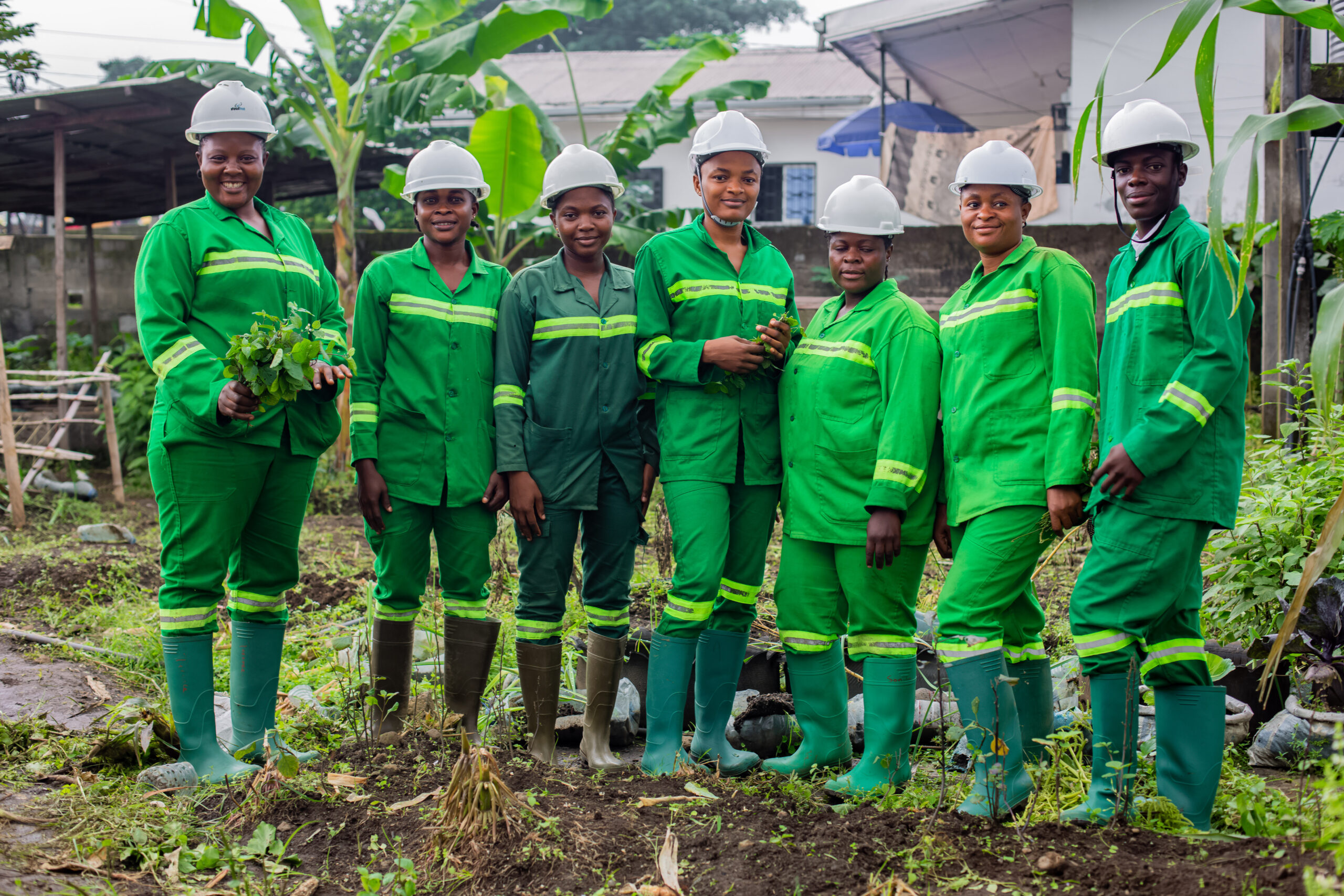Subtotal $0.00

Agriculture presents a major opportunity for addressing unemployment while simultaneously addressing food security concerns and boosting economic growth and development. Once in your life time you need a doctor, a lawyer, a policemen and a preacher, but everyday three times a day you need a farmer. Farmers are considered as magicians who produce money from the mud. So if we eat today we should thank farmers. Agriculture is a fundamental source of national prosperity. Agriculture is the most healthful, most useful and most noble employment of man. It is for an honorable and high minded man and is the best of all occupations and arts by which men procure the means of living. The ultimate goal of farming is not the growing of crops, but the cultivation and perfection of human beings.
It is worthy to say that if agriculture goes wrong, nothing else will have a chance to go right. Investments in agriculture are the best weapons against hunger, poverty, and they have made life better for billions of people. Farming is not just a job but a way of life. Agriculture is the wisest pursuit, because it will in the end contribute most of real wealth, good morals and happiness.
It is within this context that the Agricultural Department was created. It aims at achieving sustainable and equitable development, job creation, poverty alleviation and income through agricultural productivity, involving a centrality of adults and youths
1.Supporting and creating facility preferential entry and participation for adults and youths, in gainful and attractive agri-business opportunities.
2.Invest in impacting critical agricultural skills and expand employment opportunities and incomes through public and private sector demands.
3.Encourage capacity building in agriculture through a holistic approach, encompassing the environment, organizations and institutions responsible for training and instilling a willingness on trainees to undertake the trainings.
4.Assist trainees to study the basic conditions for successful cultivation of plants and measurements necessary for creation of favorable conditions for optimal growth and development of plants. For this purpose farming will include basic agronomic practices that have to deal with soil cultivation and processing systems of the soil, crop rotation, fertilization, seed, sowing and planting, weeds and weed suppression, aquaculture and snail farming.
5.The purpose of practical teaching in this course is understanding farming through personal observation and work with appropriate material according to the planned program. The aim of the practical training is explanation and discussion of broad practical and research issues.
6.Within the classes provided for practical instruction students are going to be introduced with the basic methods and techniques of soil cultivation, fertilization and sowing in the field, fish production, snail farming amongst others.
DEPARTMENT | AGRICULTURE |
Course instructors | 1.Mme Limunga Marie Elinge 2.Mme Lydia Enanga Awo 3.Mme Delphine Nalowa Lyonga |
Academic Year | 2023-2025 |
Total amount of available time | a.Class C-6 Months b.Class B-7 Months c.Class A-5 Months |
Teaching methods | a.Lectures, b.practical training; c.consultations/community training; d.individual project work, e.visits to processing/agricultural stations, f.individual learning; Project activities g.evaluation |
Teaching activities | a.Lectures – theoretical training b.Practical ),workshops, outreach, visitations and teamwork
|
Other teaching activities | Team projects |
Forms of evaluation | a.Pre-diagnostic 10% b.Formative 70% c.Summative 20% |
CRITICAL SKILLS | 1.SNAIL FARMING 2.FISH PRODUCTION 3.CROP PRODUCTION 4.MUSHROOM FARMING 5.AGRIBUSINESS 6.COMMUNICATION 7.POSTHARVEST TECHNOLOGIES |
.
Gain practical skills with state-of-the-art facilities and equipment.
Benefit from experienced instructors passionate about woodworking.
An agriculture training program is a structured educational initiative designed to provide individuals with the knowledge, skills, and practical experience necessary for success in various aspects of agriculture.
An agriculture training program is suitable for anyone interested in pursuing a career in agriculture, including farmers, farmworkers, agricultural professionals, agricultural students, and individuals looking to transition into the agriculture sector
The curriculum of an agriculture training program typically covers a wide range of topics, including crop production, livestock management, soil health, pest management, irrigation techniques, farm business management, agricultural technology, and sustainable farming practices.
Many agriculture training programs accept participants with diverse backgrounds and experience levels. While prior experience or qualifications may be beneficial, they are not always required. Programs often cater to beginners as well as those with some prior knowledge or experience in agriculture.
This is outlined above
This is outlined above